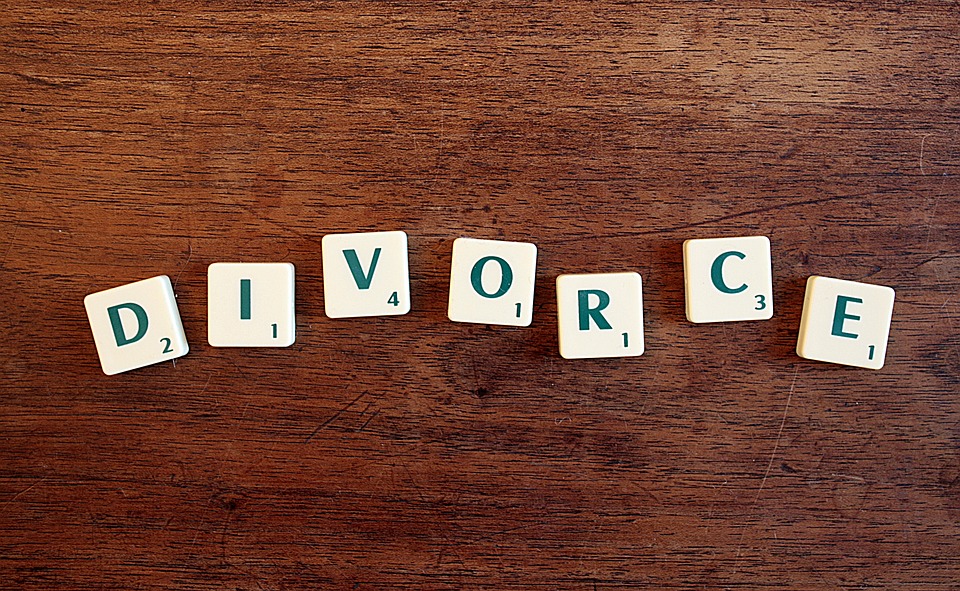
Unfortunately, not all marriages were meant to be and a lot of them end in divorce. When a spouse realizes that their marriage might be coming to an end in New York, they may want to consider filing for divorce. The spouse that decides to file for divorce will have to fulfill two requirements at the very beginning of the process. First, they will have to fulfill the residency requirement so the court can establish jurisdiction. Once this has been done, the individual will have to state grounds for divorce.
In New York State, couples can file a no-fault divorce if they so choose to do so. A no-fault divorce means that the individual is only citing the reason for the divorce is that there have been irreconcilable differences for at least 6 months before filing. Citing no-fault tends to make the divorce process much easier at the beginning. However, if an individual does wish to cite fault grounds, they can choose from one of the following accepted grounds for divorce:
- Cruel and inhumane treatment
- Adultery
- Imprisonment
- Abandonment
- Divorce after a judgment of separation
- Divorce after a legal separation agreement
The grounds for divorce and residency requirement are detailed in the Complaint for Divorce, which effectively starts the process once filed. If you have questions, contact us today.
Peter V. Mandi, Esq. is an experienced divorce and family law attorney located in Bohemia, New York. If you require strong and dedicated legal representation in Long Island, New York, contact Peter V. Mandi & Associates, Inc. today for a free consultation.
